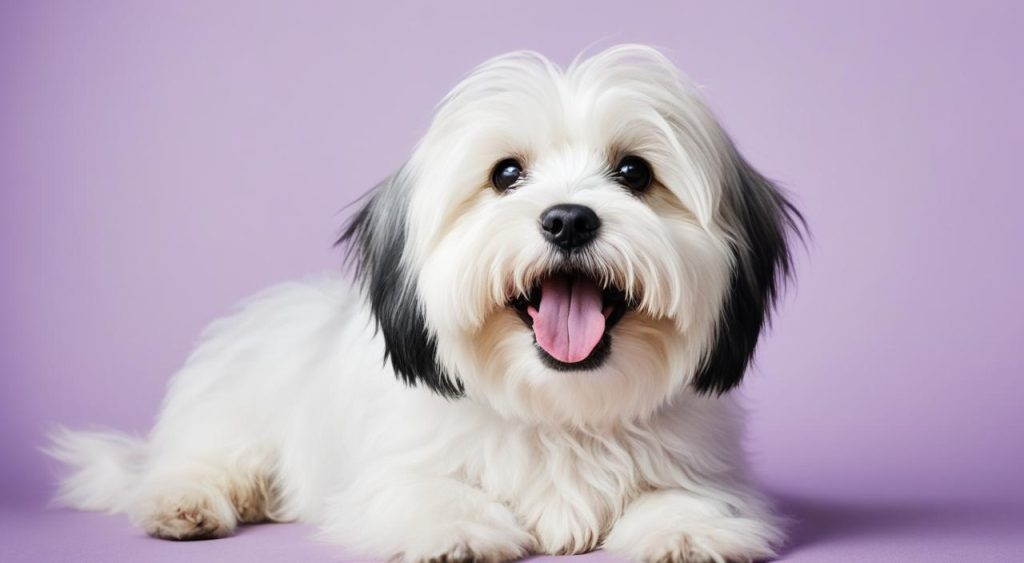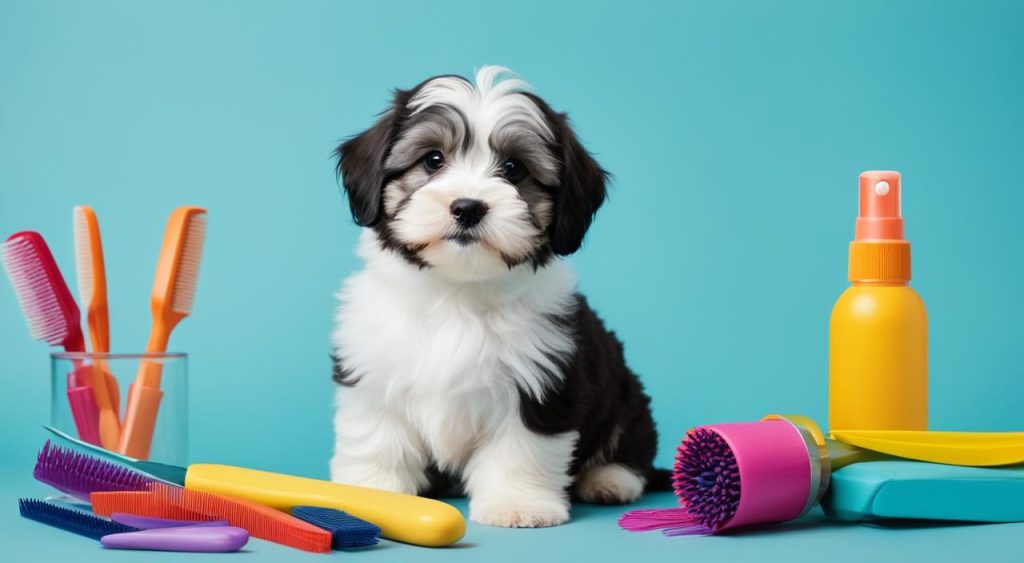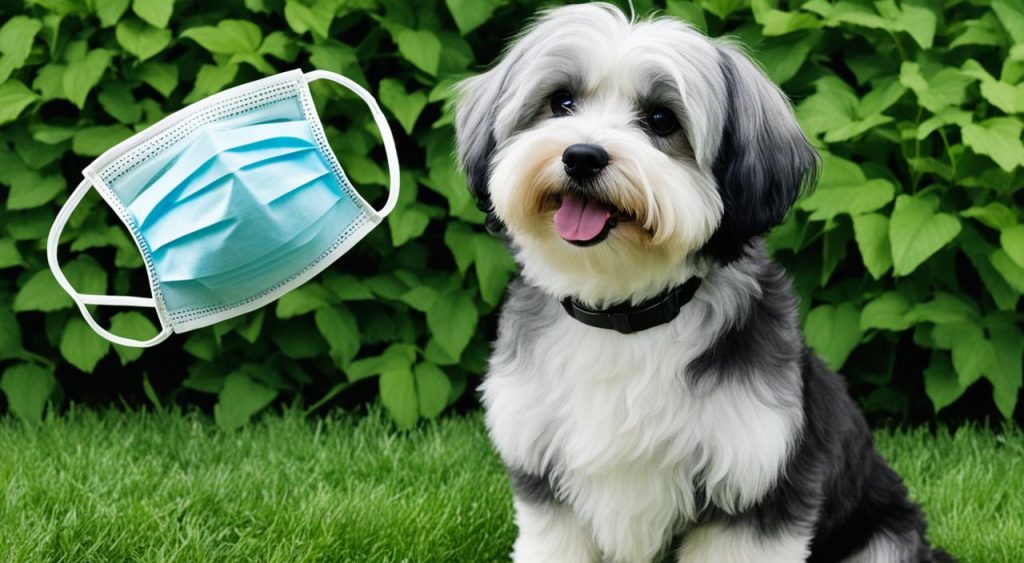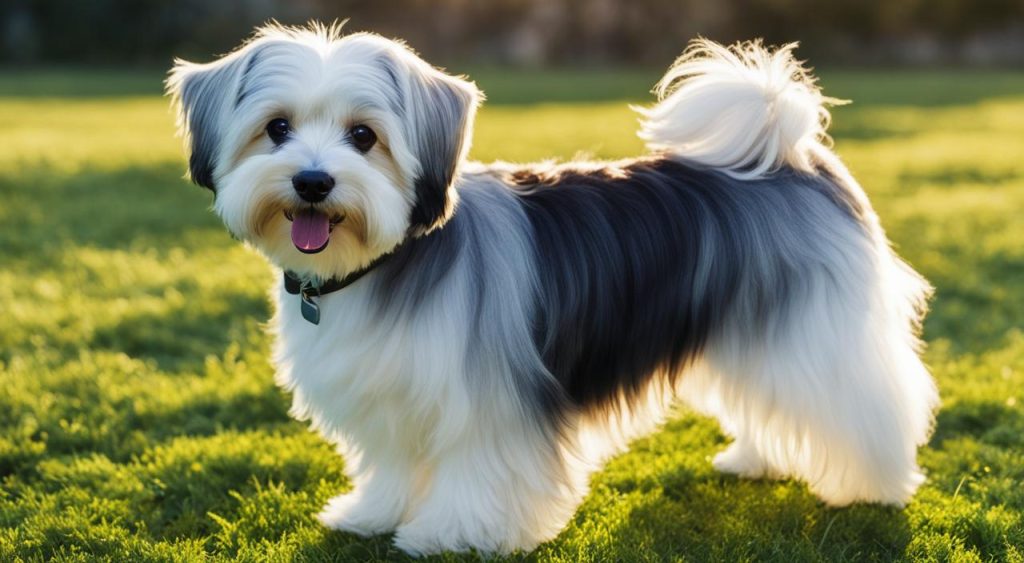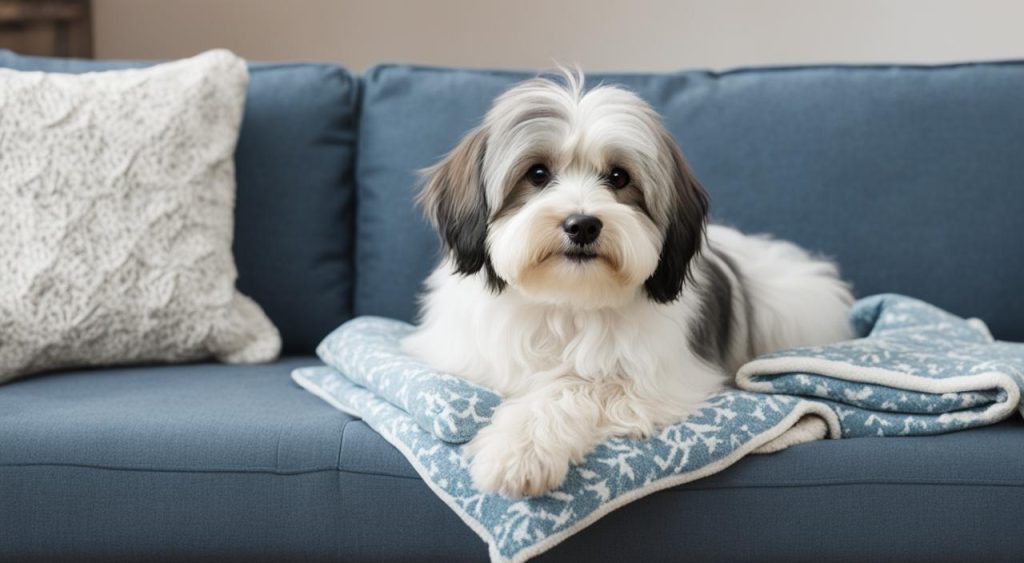Havanese dogs are known to drool, but the amount of drooling can vary from dog to dog. It is important for owners to understand the difference between normal drooling and excessive drooling, as excessive drooling can be a sign of underlying health issues.
Normal situations in which Havanese dogs may drool include when they are anticipating or eating food, when they are excited, when they are stressed, during teething in puppies, and during a female’s heat cycle. However, if a Havanese dog starts drooling continuously or suddenly outside of these normal situations, it is best to be concerned as it could be a sign of difficulty swallowing, stomach problems, poisoning, oral or dental problems, or even fever or symptoms of rabies.
If abnormal drooling is observed, it is recommended to monitor the situation, check the dog’s temperature and heart rhythm, and consult a veterinarian for proper diagnosis and treatment.
Key Takeaways:
- Havanese dogs can drool, but the amount varies from dog to dog.
- Normal drooling can occur during food anticipation, excitement, stress, teething, or a female’s heat cycle.
- Continuous or sudden drooling outside of normal situations may indicate health issues.
- If abnormal drooling is observed, consult a veterinarian for proper diagnosis and treatment.
Causes of abnormal drooling in Havanese dogs
Abnormal drooling in Havanese dogs can occur due to various reasons. If your Havanese dog exhibits excessive drooling outside of typical situations, it could be a sign of an underlying issue. Understanding the potential causes can help you identify and address the problem effectively.
One possible cause of abnormal drooling is difficulty swallowing. This can result from irritation, the presence of a foreign object, esophageal disease, or obstruction. Stomach problems, such as nausea or upset stomach, can also lead to excessive drooling in Havanese dogs.
Poisoning is another potential cause of abnormal drooling. Dogs may drool excessively if they have ingested toxic substances. Additionally, oral or dental problems, such as infections, irritations, lesions, gingivitis, or tumors, can contribute to abnormal drooling in Havanese dogs.
It’s important to be aware that fever or symptoms of rabies can also cause abnormal drooling. If you suspect your Havanese dog is exhibiting abnormal drooling, monitoring their behavior and seeking veterinary attention is crucial to determine the underlying cause and provide appropriate treatment.
What to do if your Havanese dog drools abnormally
If a Havanese dog starts drooling abnormally, it is important to assess the situation and determine if the drooling is indeed abnormal. Observing the timing, frequency, and context of the drooling can provide valuable information. Additionally, taking your dog’s temperature and checking their heart rhythm can help determine if there are any underlying health issues contributing to the abnormal drooling.
If the abnormal drooling persists or if your dog displays other concerning symptoms, it is crucial to schedule an appointment with a veterinarian as soon as possible. A veterinarian will be able to conduct a thorough examination and provide a proper diagnosis. They can also recommend appropriate treatment options to address the underlying cause of the drooling.
In some cases, managing the underlying cause of the abnormal drooling can help reduce or prevent drooling in Havanese dogs. For instance, if dental issues are the cause, addressing them through regular dental cleanings and proper oral hygiene can greatly improve the situation. Similarly, if an infection or health condition is contributing to the drooling, following the veterinarian’s treatment plan and managing the condition diligently can help control the drooling.
Preventing drooling in Havanese dogs
While it may not always be possible to completely prevent drooling in Havanese dogs, there are some measures you can take to minimize it:
- Regular dental care: Brush your dog’s teeth regularly to maintain good oral hygiene and prevent dental issues that can lead to excessive drooling.
- Healthy diet: Provide your dog with nutritionally balanced meals that are suitable for their age and overall health. Avoid feeding them foods that may trigger excessive drooling.
- Stress management: Minimize stressful situations for your Havanese dog, as stress can contribute to excessive drooling. Create a calm and safe environment for them by providing routine, positive reinforcement, and plenty of mental and physical stimulation.
By being vigilant about your Havanese dog’s drooling patterns, addressing potential underlying causes, and seeking appropriate veterinary care when necessary, you can effectively manage and control drooling in your furry companion.
Conclusion
While Havanese dogs are known to drool, it is essential for owners to understand the difference between normal drooling and abnormal drooling. Normal drooling can occur in various situations, such as anticipating or eating food, excitement, stress, teething in puppies, or during a female’s heat cycle. However, if your Havanese dog starts drooling excessively or suddenly outside of these normal situations, it may indicate an underlying health issue.
As a responsible owner, it is important to monitor your dog’s drooling patterns and be vigilant for any abnormal symptoms. If you notice continuous or sudden drooling, along with other concerning signs, it is recommended to consult a veterinarian for a proper diagnosis and treatment. Addressing any underlying causes, such as dental problems, infections, or health conditions, is crucial in managing and preventing excessive drooling in Havanese dogs.
By seeking proper veterinary care and taking necessary steps to manage drooling, you can ensure a happier and healthier companionship with your Havanese dog. Remember, your furry friend’s well-being is in your hands, so stay proactive in monitoring their drooling habits and providing them the care they deserve.

